Azerbaijan launches operation against Armenia for second day and demands surrender
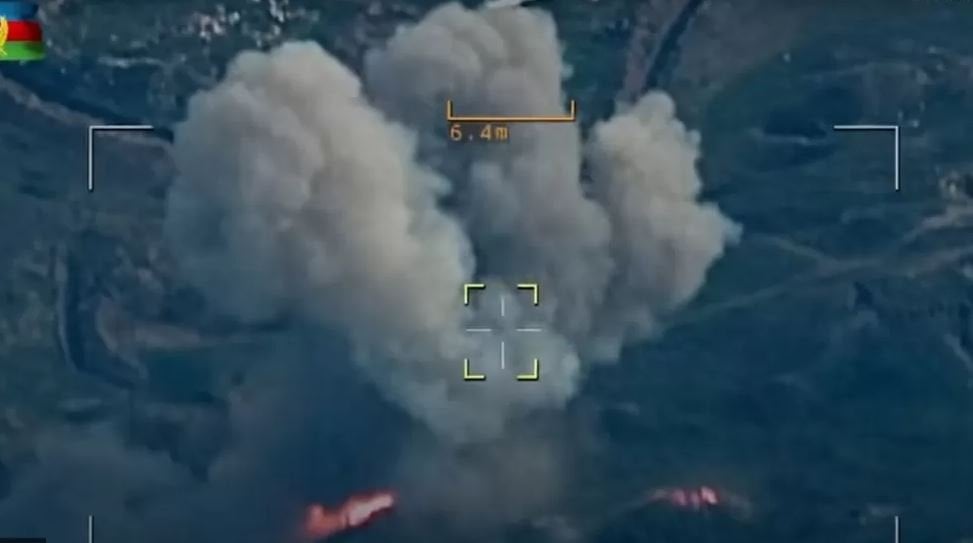
Sep 20: Azerbaijan has said its military measures in Nagorno-Karabakh are continuing for a second day, having launched what it calls "anti-terror" operations in the enclave.
It says it will not stop until Karabakh's ethnic Armenians surrender.
Tensions in the South Caucasus have been high for months around the breakaway region, recognised internationally as part of Azerbaijan.
Azerbaijan and Armenia last went to war three years ago.
In a statement on Wednesday morning, Azerbaijan's defence ministry said military equipment belonging to the Armenian armed forces had been "neutralised", including military vehicles, artillery and anti-aircraft missile installations.
Nagorno-Karabakh authorities say 27 people have been killed, including two civilians, and many more wounded since the offensive began.
Baku has said it is prepared for talks but insists "illegal Armenian military formations must raise the white flag" and dissolve their "illegal regime".
Ethnic Armenians in Karabakh appealed on Tuesday for a ceasefire and for talks to start. However, it was clear from the Azerbaijani ultimatum that Baku's aim was to complete its conquest of the mountainous enclave.
Armenian Prime Minister Nikol Pashinyan accused Azerbaijan of starting a ground operation aimed at "ethnic cleansing".
Hundreds of Armenian protesters, frustrated by their country's response, clashed with police outside parliament in Yerevan, condemning their leader as a traitor and calling on him to resign.
Both Russia's foreign ministry and US Secretary of State Antony Blinken called on Azerbaijan's president, Ilham Aliyev, to cease military action immediately.
Azerbaijan said talks could start in the town of Yevlakh, some 100km (60km) north of the Karabakh regional capital of Khankendi, called Stepanakert by ethnic Armenians.
Azerbaijan and Armenia first went to war in the early 1990s after the fall of the Soviet Union. Then in 2020, Azerbaijan recaptured areas in and around Nagorno-Karabakh before a truce was agreed and monitored by Russian peacekeepers.
(BBC)


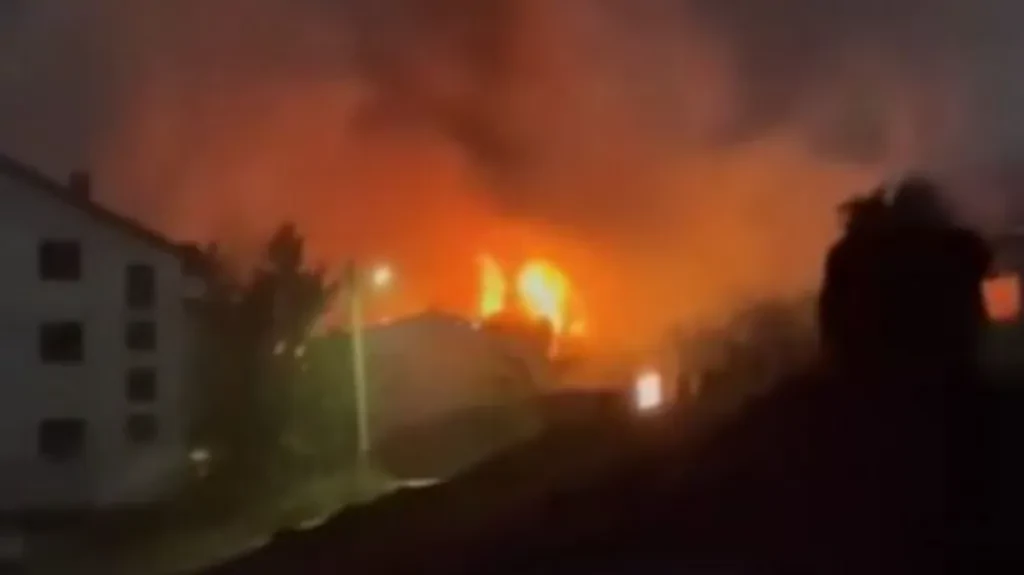
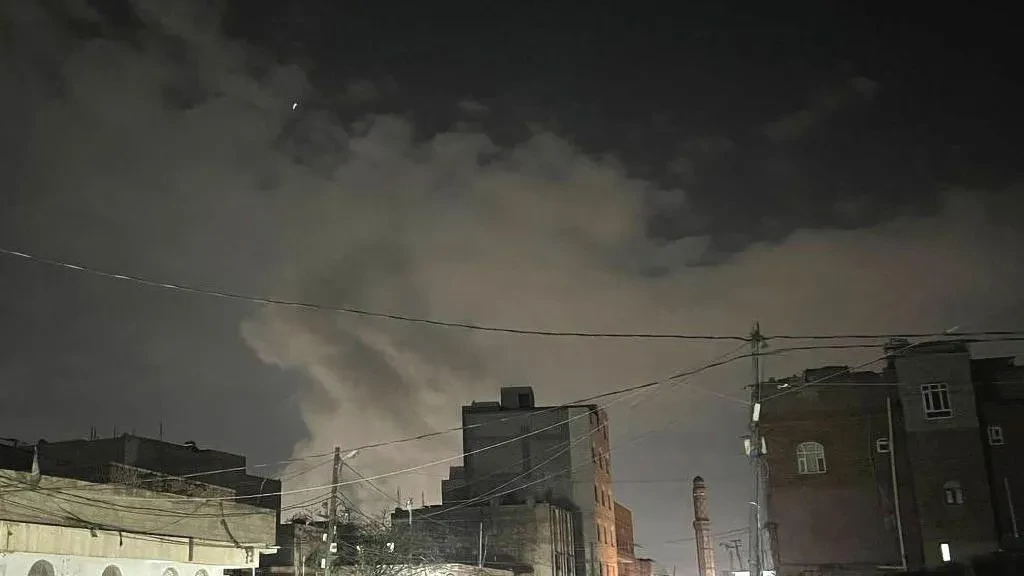
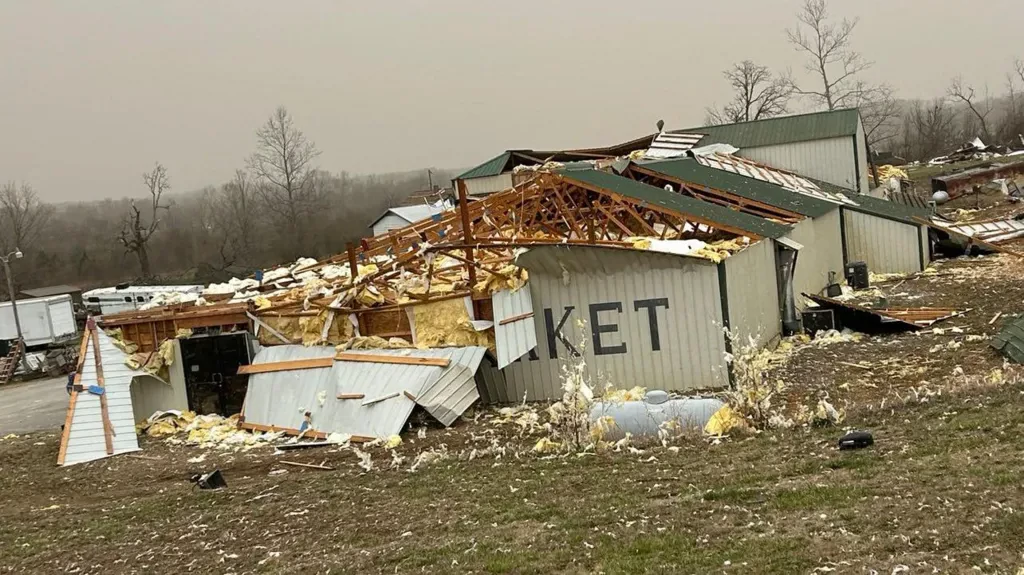
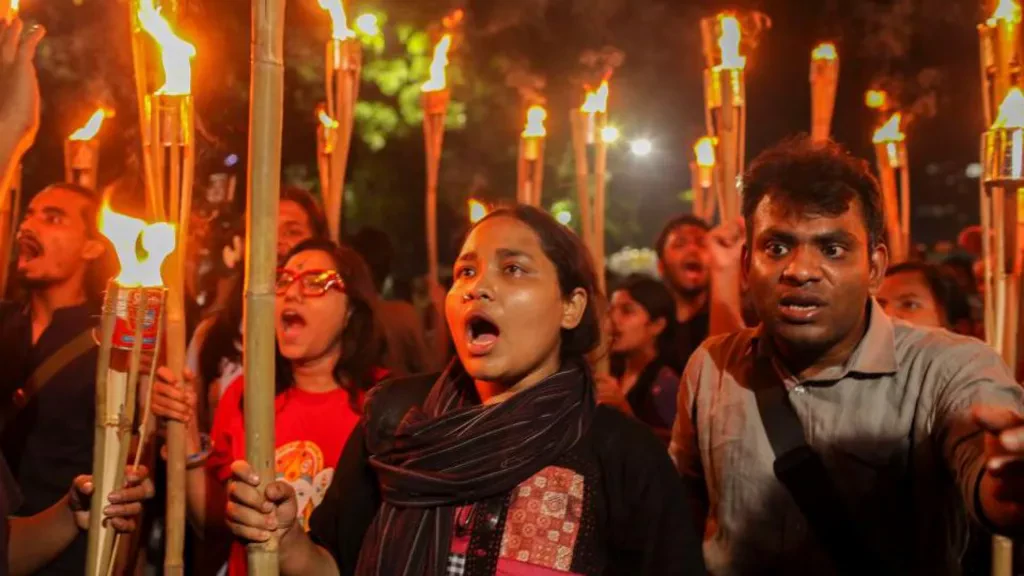
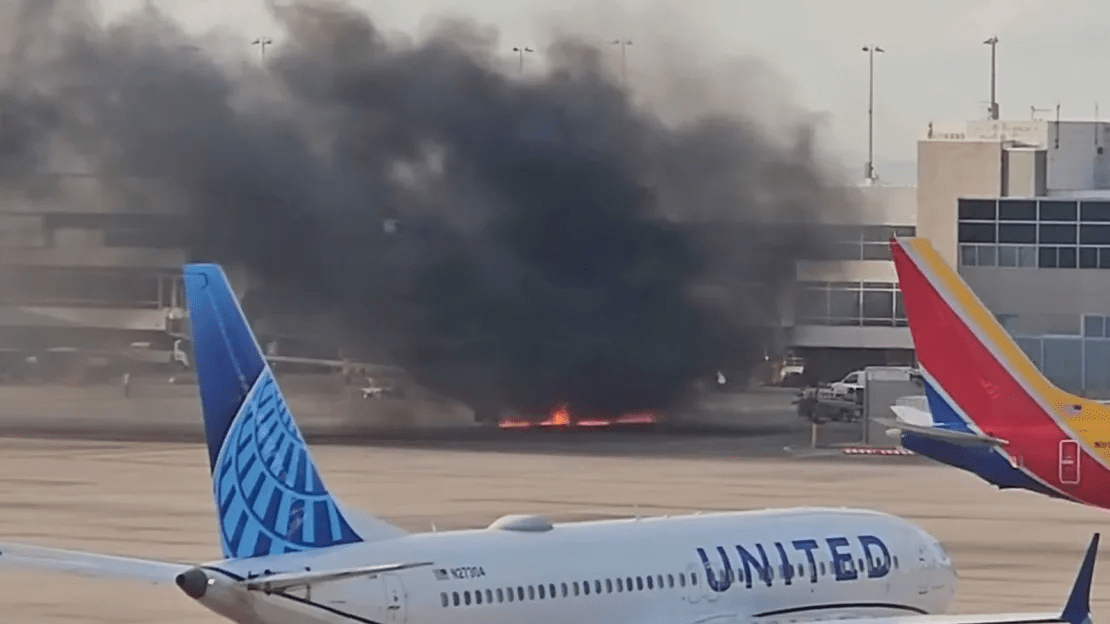
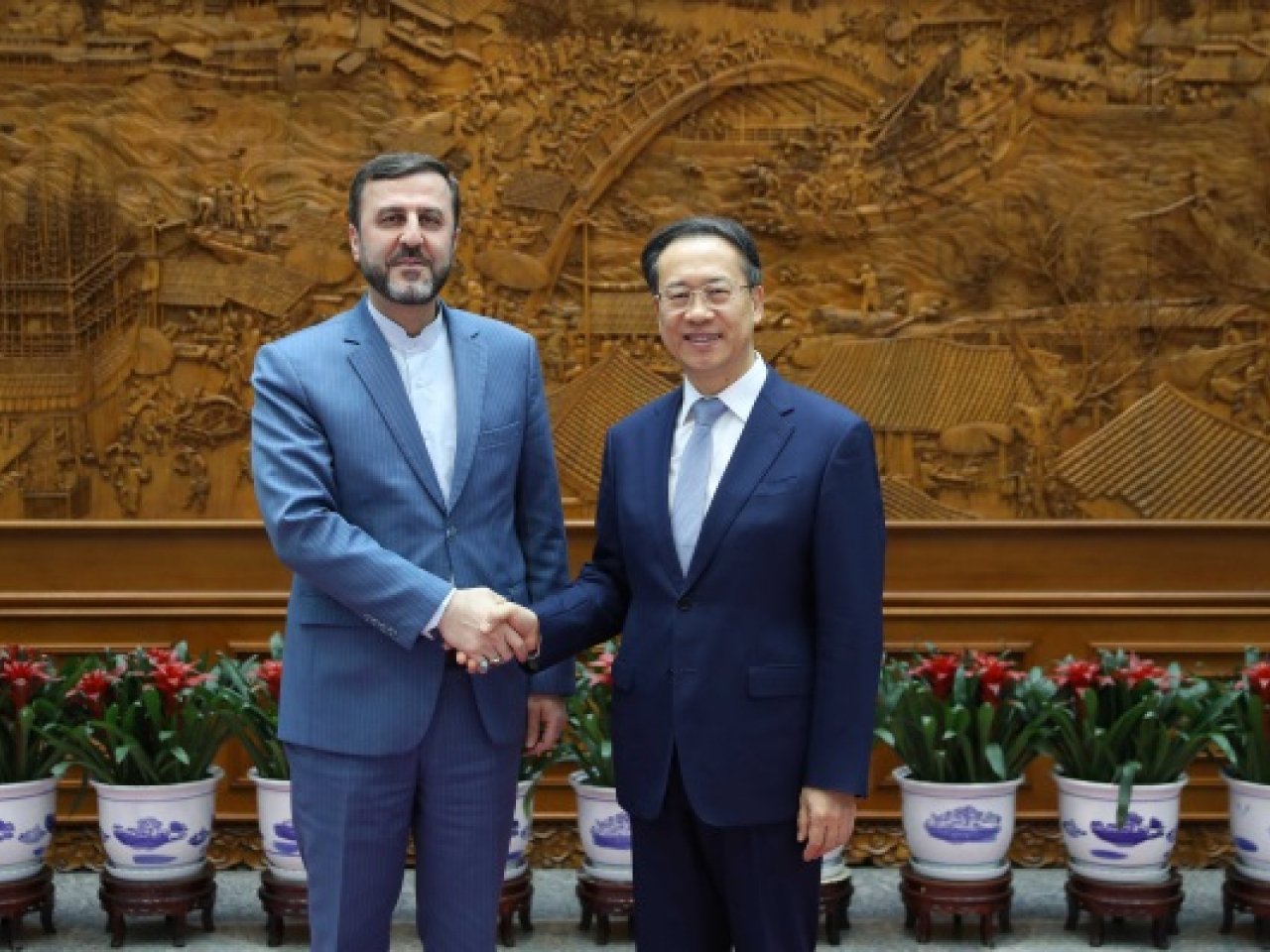
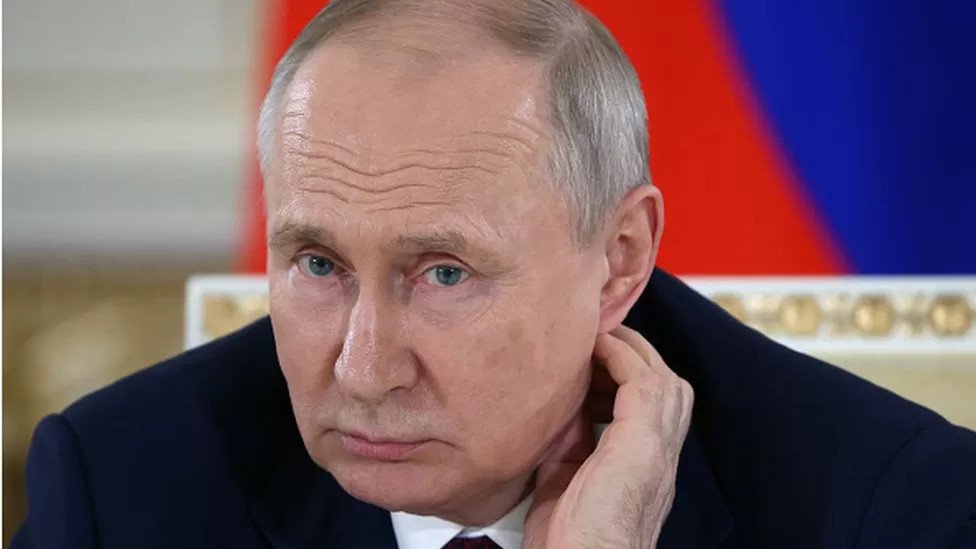

Leave Comment